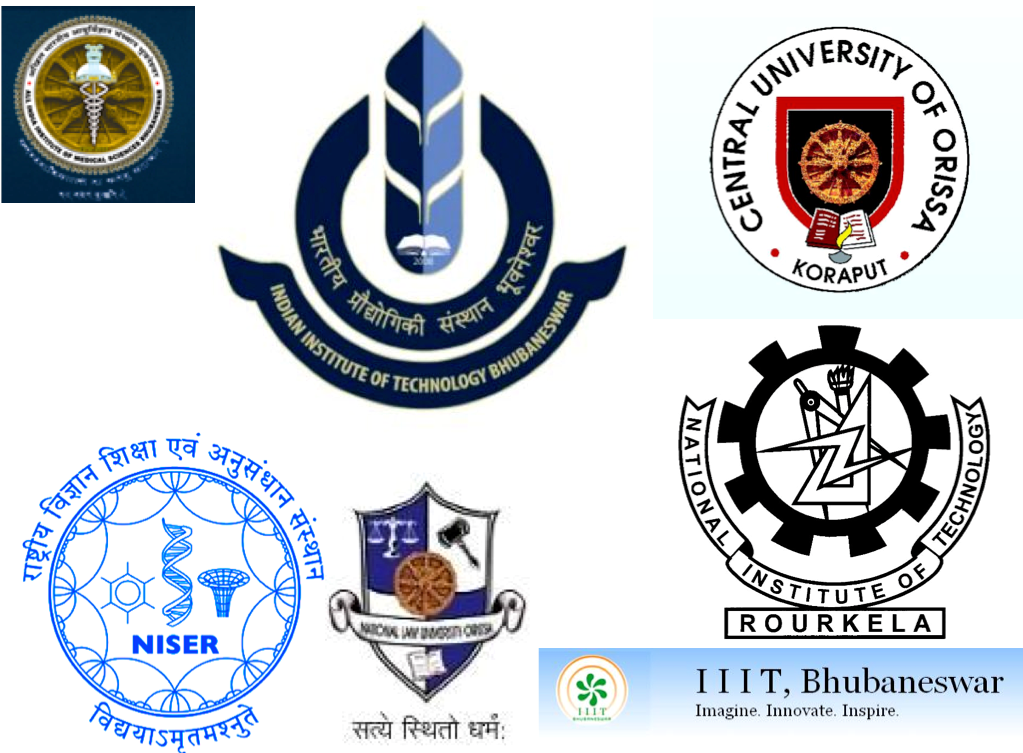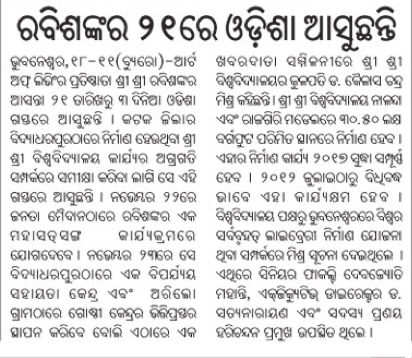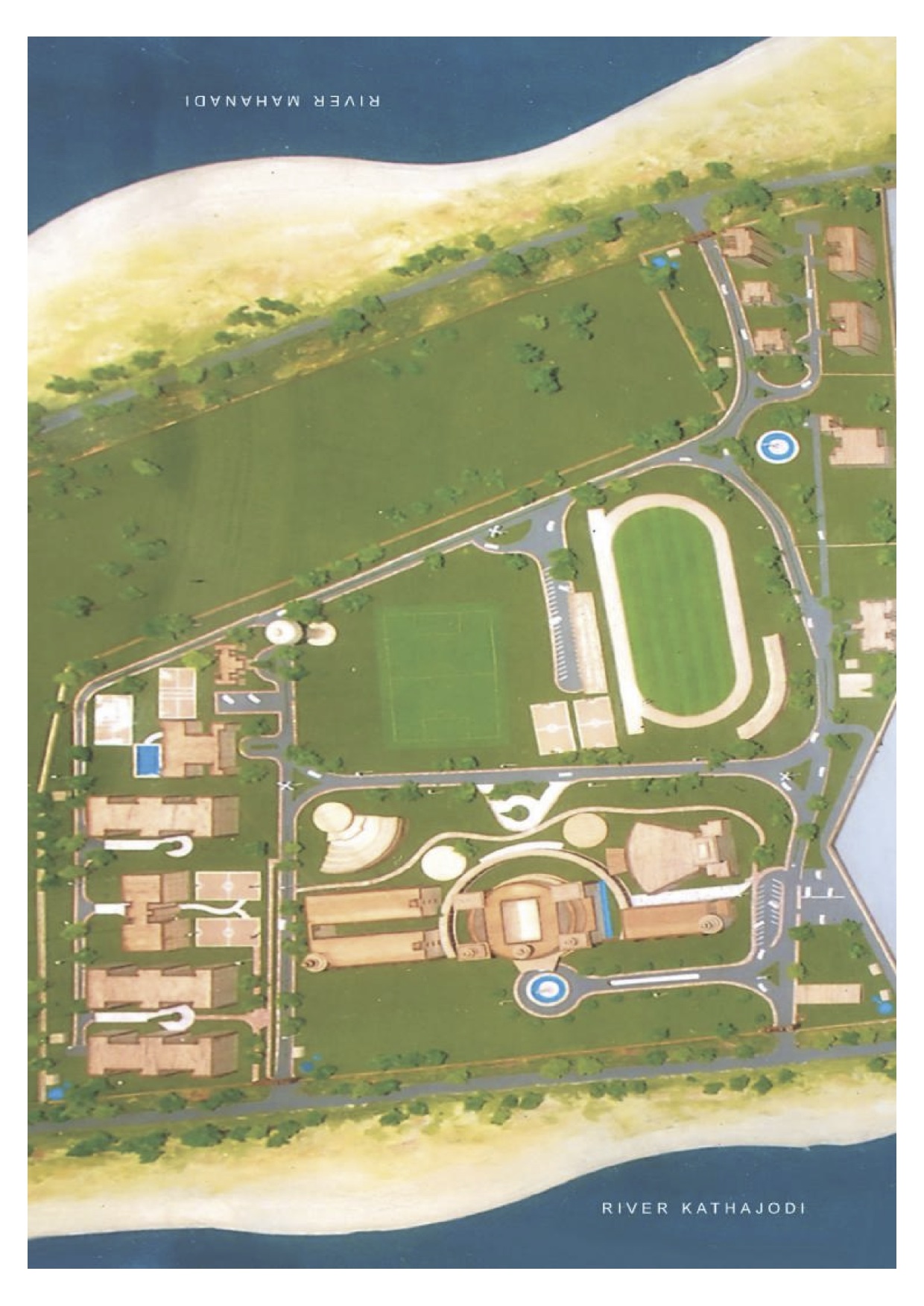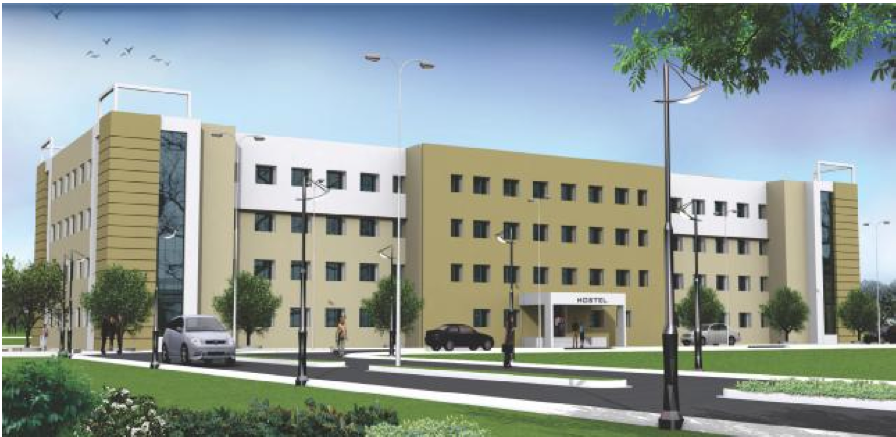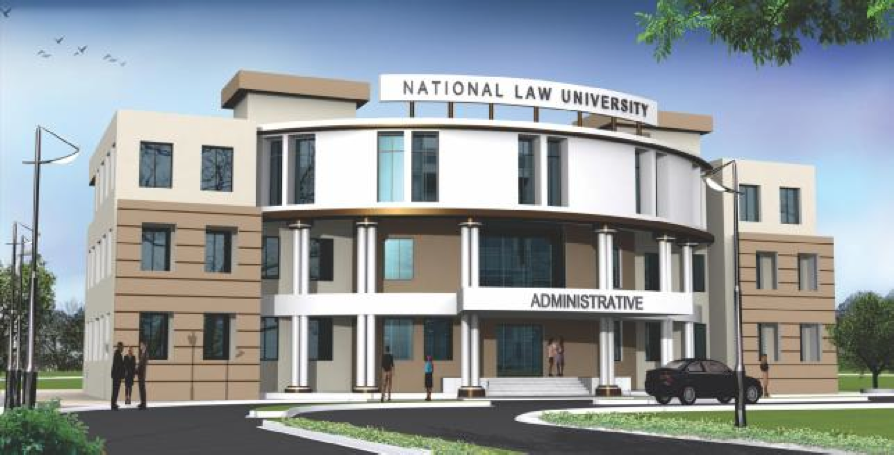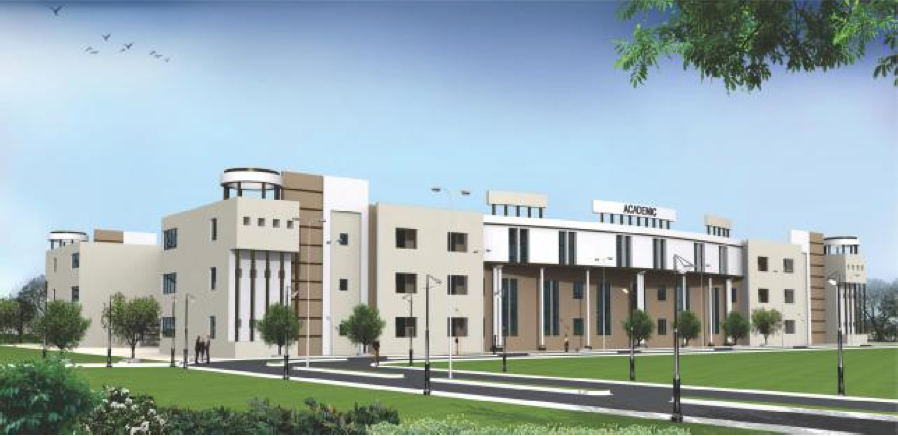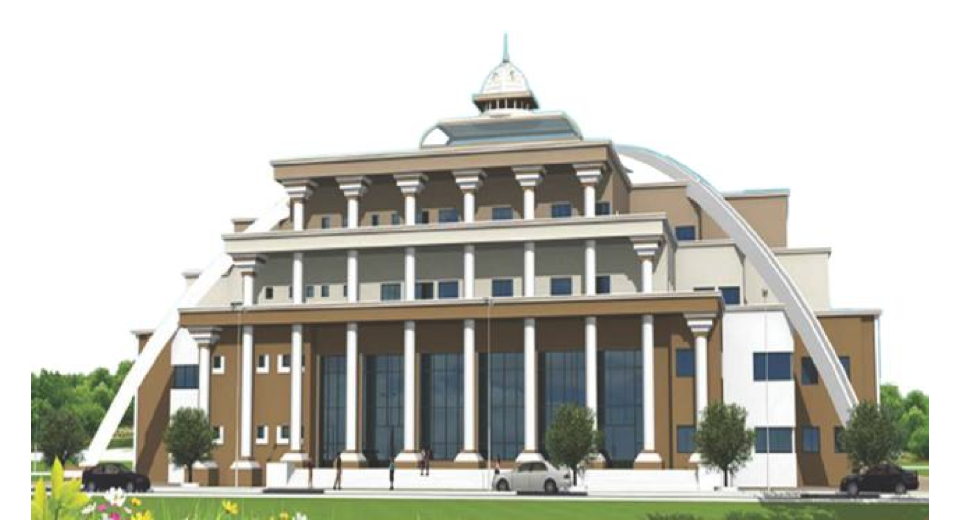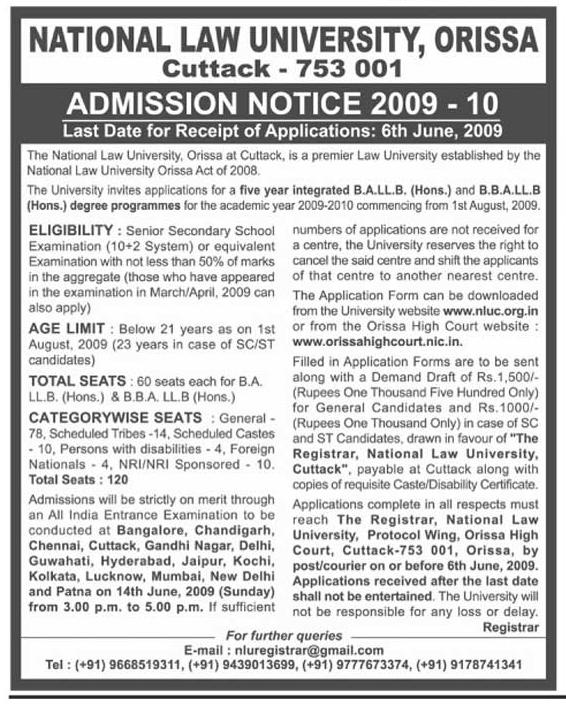The National Law University, Orissa (NLUO) was formally inaugurated by the Chief Justice of India, K.G. Balakrishnan. Chief Minister Naveen Patnaik, the Chief Justice of the Orissa High Court, I. M. Quddusi, State Higher Education Minister Debi Prasad Mishra and Minister of Law Bikram Keshari Arukha were present at the ceremony.
Bar & Bench talks to the dynamic Vice Chancellor of National Law University, Orissa, Dr. Faizan Mustafa, on his vision for NLUO and why NLUO is different from the other national law universities (NLUs).
Move from Interdisciplinary approach to integration of knowledge
NLUO is the first University in the country to integrate the B.A., LLB (Hons.) program with the BBA, LLB (Hons.) program. Students can opt for courses from both disciplines of study, and thus, can combine humanities courses with a human resources and marketing course. NLUO has also introduced innovative new courses in legal journalism and mass communication, in conjunction with the law degree.
Students from over 22 states and excellent infrastructure
In the first year, students from 22 states have joined NLUO. Our admission test has been rated as one of the best and some people have said it is tougher than the Common Law Admission Test (CLAT). We hope to receive a better response next year when people see our infrastructure and campus. Currently people think Cuttack is far away from the "Metros" and won’t have good faculty and infrastructure facilities. We have spent more than Rs. 1 crore ($208,000) on the books alone. Our hostel facilities for students are amongst the best. The legal education space in the eastern part of India was in shambles. We hope to make a difference here.
Best of both worlds- Senior Faculty, alumni from NLUs and faculty from foreign law schools
During our times, teachers were good while students were bad, since law was the last option for many students. But with the advent of the national law schools, the quality of students has become excellent. I need thank my Senior from college, Dr. Madhav Menon, for his efforts in bringing change into the legal education space. Self-financing Law Universities like us cannot continue to run without quality faculty. There is an unwritten rule in our Universities where we encourage alumni from other NLUs and people who have taught abroad to come and teach in NLUO. We already have faculty who have had experience in other western countries, along with Senior Faculty from other NLUs. For example, the former Vice Chancellor of NLSIU, Bangalore, Dr. N.L. Mitra is one of the faculty members, as is Senior Professor Ajjappa, who has taught at various Law Universities. We want to bring the best of both worlds together, so students can benefit from such vast experience.
Also, I think Law Faculty should not be judged on UGC or other pay scales in self-financing institutions like ours. We need to provide other incentives to faculty to lure them away from private corporations or high paying jobs. If we have to be a third generation Law University, we need to provide the best for the Faculty and students.
NLUs are producing ‘Soft’ Lawyers
The CJI in his welcome speech said, "The NLUs have failed in so far as producing lawyers for the Bar." Constant criticism against the NLUs is that they are producing ‘Soft’ lawyers who opt for Air Conditioned office spaces instead of joining ‘real ligation’ and or opting for judicial services. If we want to increase the quality of our Judges, we also need to increase the quality of the lawyers. One space where NLUO intends to bridge this divide is to concentrate on "traditional lawyering" and not merely corporate law.
New Areas of Legal Practice
NLUO will focus on mining law, water law, food law, energy law and agriculture law. Our country continues to be driven by agriculture and yet, very little importance is attached to agriculture and the legal issues around it. While Corporate Law and IP Law are important for the economy, equal importance has to be given to other areas of practice. Orissa is losing Rs. 20,000 crores ($4.16 billion) every year due to the center-state divide on resources. We plan to have centers on these areas to conduct exhaustive research and recommendations.
I want to build a socially relevant Law University. I encourage people to come, see the University and provide us with comments on improving it.
